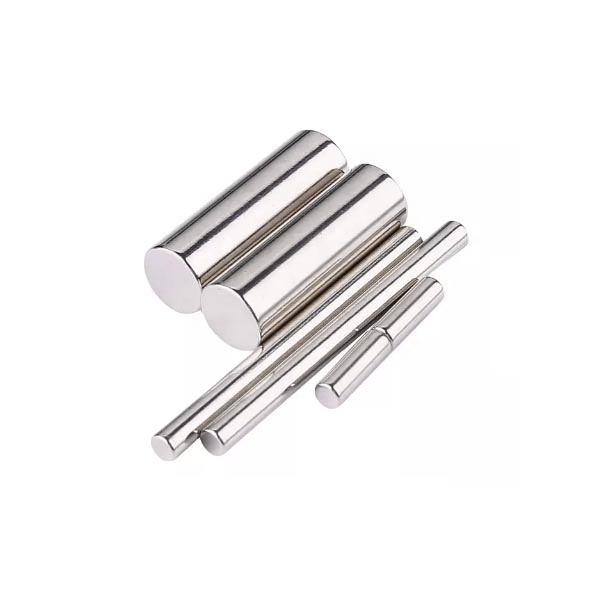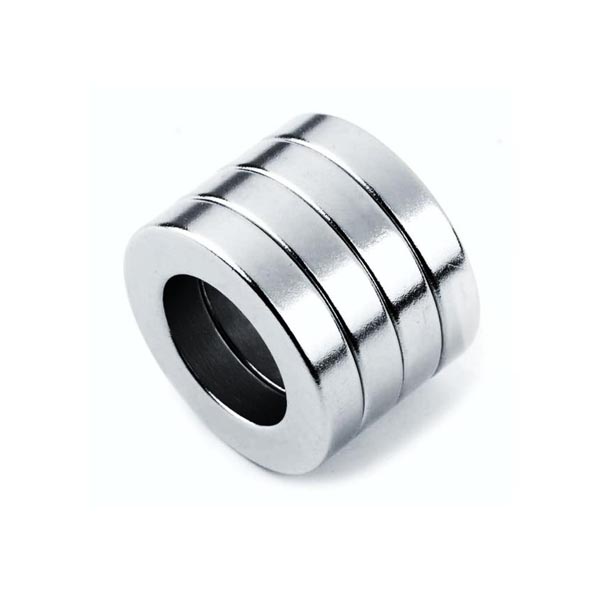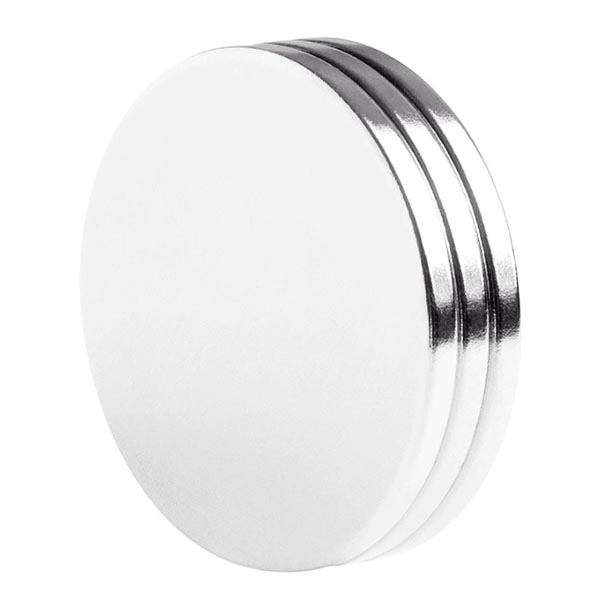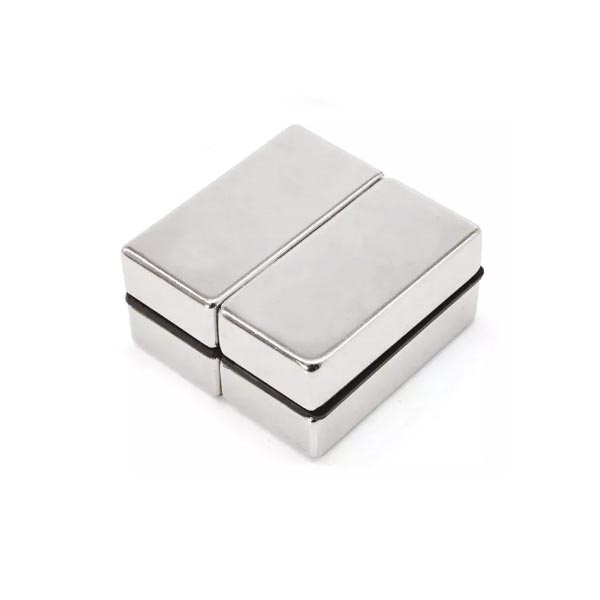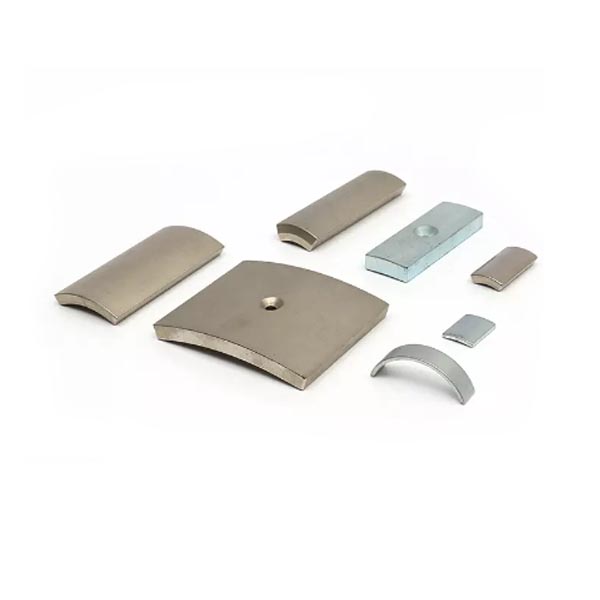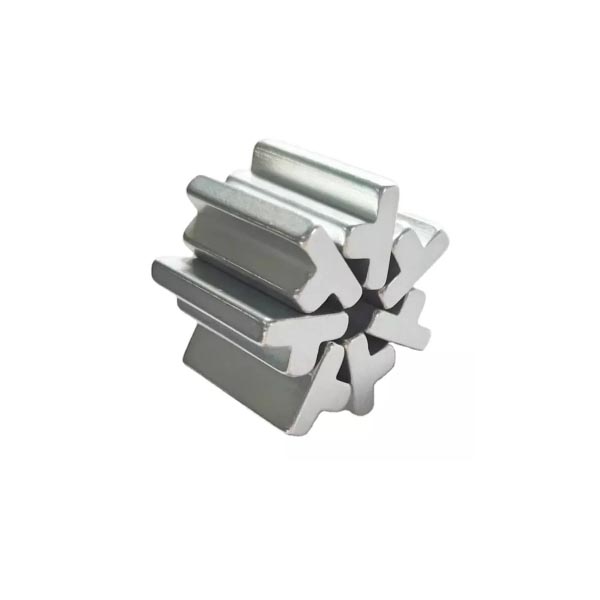Magnets are striking substances that receive widespread attention for their unique shapes and fascinating properties. Since ancient times, people have been exploring and utilizing the various shapes of magnets and the properties associated with them. This article was written by Fullzen will take an in-depth look at different shapes of magnets and their important properties.
Basic shape of magnet:
Bar Magnet: Rectangular in appearance, it is the most basic and common magnet shape. Magnets of this shape are widely used in motors, generators and other electromagnetic equipment.
Cylindrical magnets: have a cylindrical shape and are widely used in scientific experiments and medical equipment, such as magnetic resonance imaging (MRI) equipment.
Spherical magnets: Have a spherical shape and are very useful in some special applications, such as magnetic levitation technology.
Square magnet: Square or rectangular, common in household magnets, used to absorb small objects such as thumbtacks, paper clips, etc.
Ring magnet: Ring shape, widely used in sensors and electronic equipment, can provide a relatively concentrated magnetic field.
Oval magnet: It has an elliptical shape and is commonly used in some specially designed magnetic navigation equipment and scientific experiments. It can provide directional magnetic field distribution.
Magnet properties:
Magnetism: One of the most remarkable properties of magnets is their magnetism. When a magnet is affected by an external magnetic field, the magnetic particles inside it rearrange, causing the magnet itself to become a magnet.
Magnetic field: The magnetic field produced by a magnet is another important property of it. Magnetic fields allow magnets to attract or repel other magnetic substances, a property that plays a key role in a variety of applications, such as electromagnetic braking and magnetic storage technology.
Magnetic poles: A magnet has two magnetic poles, namely the north pole and the south pole. The interaction between these two magnetic poles is an important characteristic of magnets and is the basis of what we usually call "magnetic attraction" and "magnetic repulsion".
Residual magnetism: After being affected by an external magnetic field, a magnet may retain part of its magnetism, that is, residual magnetism. This residual magnetism effect is exploited in some practical applications, such as making permanent magnets.
Applications and Uses of magnets:
Electromagnetic Equipment: Magnets are widely used in electromagnetic equipment, including motors, generators, and transformers. In these devices, the magnetic field generated by the magnet interacts with the electric current to achieve energy conversion and transmission.
Magnetic Resonance Imaging (MRI): Cylindrical and spherical magnets are used in MRI equipment to generate high-quality medical images through strong and uniform magnetic fields to help doctors make diagnoses.
Magnetic levitation technology: Spherical magnets play a key role in magnetic levitation trains and magnetic levitation bearings. Through the action of magnetic fields, the levitation and movement of trains or bearings are achieved, reducing friction and energy loss.
Magnetic Storage Media: Magnets are used to store data in magnetic storage media such as computer hard drives. By changing the magnetic state of the magnet, data can be read and written.
Magnetic navigation: Oval magnets are used in some magnetic navigation equipment, such as magnetic compasses and magnetic navigation sensors, to help ships, aircraft and detectors determine their direction.
Magnetic Sensors: Ring magnets are used in magnetic sensors to measure changes in magnetic field strength and are widely used in navigation, security systems and industrial control.
Permanent Magnet Manufacturing: Magnets play an important role in the manufacturing of permanent magnets, which are used in the production of permanent magnets such as NdFeB magnets for various applications including electric vehicles and wind turbines.
Magnetic adsorption: Square magnets are widely used in household magnets, magnets and magnetic whiteboards for adsorbing and displaying items, making them convenient for daily life and office use.
Overall, the shape and properties of magnets make them play an integral role in science, engineering, and everyday life. By gaining a deeper understanding of the shape and properties of magnets, we can better exploit the benefits of this material to advance technology and improve our quality of life. Huizhou Fullzen Technology Co.,Ltd can custom shaped neodymium magnets. If you interested in it, please contact with us on time.
Your Custom Neodymium Magnets Project
We can offer the OEM/ODM services of our products. The product can be customized according to your personalized requirements, including the size, Shape, performance, and coating. please offer your design documents or tell us your ideas and our R&D team will do the rest.
Post time: Dec-14-2023

